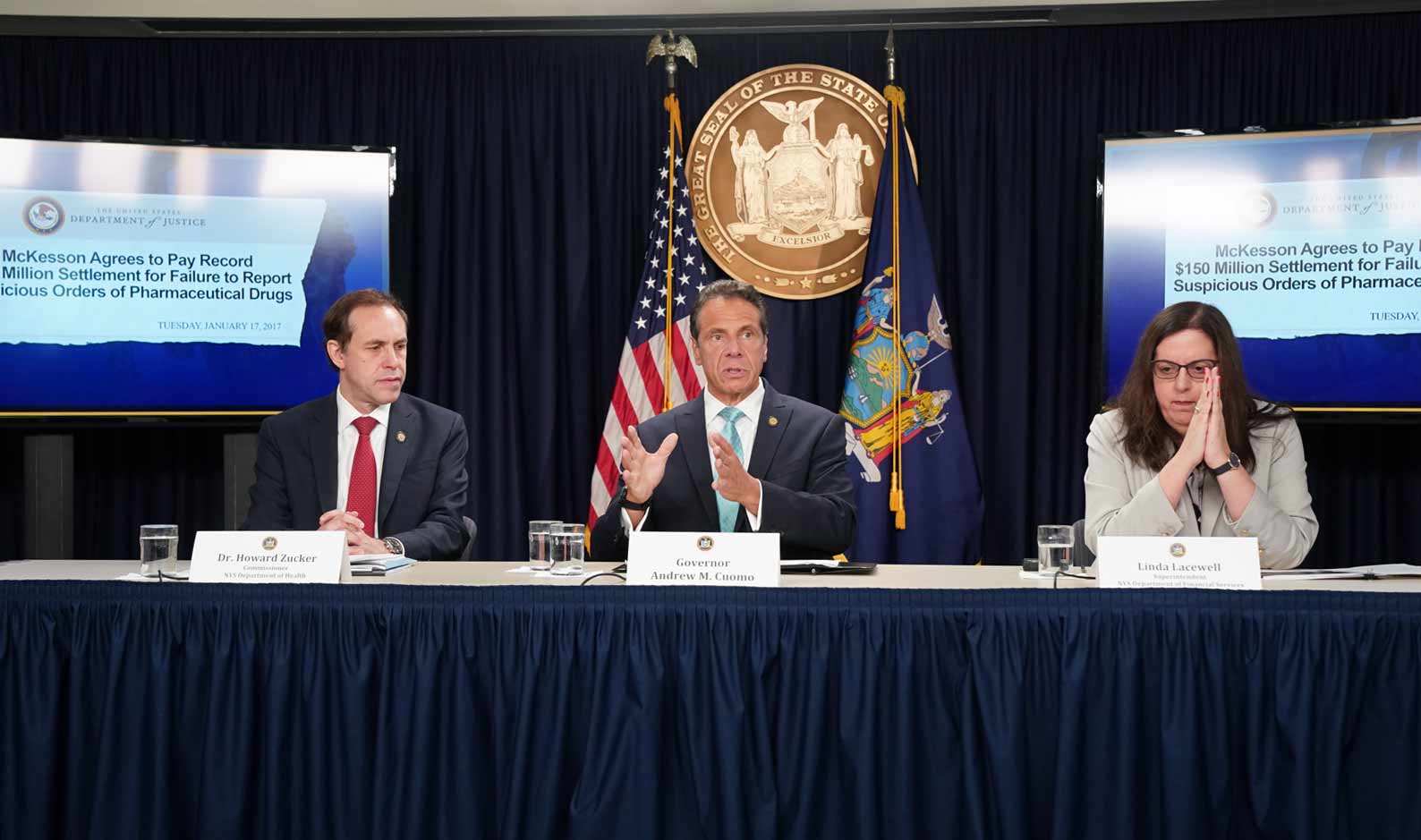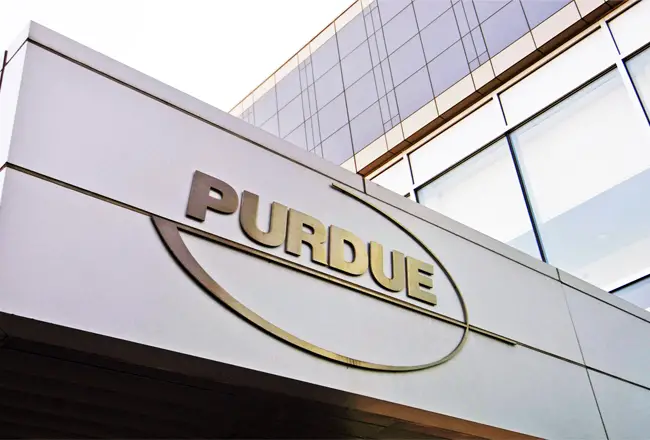
New York state”™s Department of Financial Services (DFS) wants to collect $2 billion from opioid manufacturers, distributors and pharmacy benefit managers to make up for what it claims are overcharges in insurance premiums over a period of 10 years.
The DFS wants the money to make its way into the pockets of businesses and individuals, perhaps in the form of health insurance premium discounts. The DFS has started the process by issuing subpoenas and requests for documents. It plans to hold hearings designed to shed light on the problem and inform consumers of what”™s going on.
The agency is acting under its existing authority as the regulator of health insurance in New York. Where there are proven cases of fraudulent insurance claims, the agency has statutory authority to impose fines of up to $5,000 per offense in addition to the cost of the claim. The DFS alleges that because of the action of players in the industry, consumers were defrauded in the form of excessive premiums reflecting the costs of the ongoing opioid epidemic.
Gov. Andrew M. Cuomo, Commissioner Howard Zucker of the state”™s department of Public Health and Linda Lacewell, superintendent of the DFS appeared at a news conference in New York City on Sept. 10 to announce the action.
Lacewell alleged that the opioid industry anticipated that just as Medicaid would cover costs, the health insurance industry would pay a lot of the costs. “Those costs are passed on to consumers in the form of rate increases and over the past 10 years the dollar figure for what consumers are bearing ”“ the cost ”“ is $2 billion as an estimate based on the work that we”™ve done internally,” Lacewell said.
Lacewell said that her department could seek rebates for businesses and consumers for a portion of what they paid in past premiums, discounts on future premiums, or cash settlements. She said that legal action could be taken in addition to the DFS using its existing authority as regulator of the insurance industry.
“The numbers are based on the overprescribing and what percent of that was covered by commercial health insurance. Understand, of course, that those costs are now baked into the rate increases that were passed on to the consumers so recoveries that we obtain in that regard will be factored into whether it”™s rebates or lower rates in the future. We have to address this as a whole stream of rates that consumers are paying across the state,” she said.
In addition to the opioid manufacturers and drug distributors, the DFS is going after a segment of the industry identified as pharmacy benefit managers (PBM). The PBMs are third-parties who act as go-betweens, working with manufacturers, distributors and insurance companies to set drug formularies in prescription drug coverage under insurance policies.
Formularies define which drugs will and will not be covered by a plan, how much insurance companies will pay for various drugs and what drug users will have to pay as out-of-pocket co-payments. PBMs also negotiate rebates and credits paid by manufacturers and distributors.
The DFS said it has information that some PBMs may have been paid rebates by opioid manufacturers, wholesalers and/or distributors for placing opioid prescription drugs in formulary tiers with lower copays, making their drugs more attractive in the marketplace.
Lacewell emphasized that her department has consumers in mind. “They should not have to carry the burden of this scheme. The health insurers have already been compensated by the consumers. It”™s the consumers who are out of pocket and left to carry the bag as usual. They”™re not going to walk away with a $2 billion loss thanks to the billions that everybody else pocketed just because the health insurers were already compensated. And, the legislature gave DFS express statutory authority and obligation to investigate insurance fraud and that”™s what this is about.”
Thirty-four opioid manufacturers and distributors, including Purdue Pharma Inc., Johnson & Johnson, and McKesson Corp., were identified as targets of the recovery effort, along with 10 PBMs, such as Aetna Health Management LLC and Express Scripts Inc. Seventeen insurance companies were identified as having been affected, among them CIGNA Health Care of New York Inc., EmblemHealth and Crystal Run Health Insurance Co. and Crystal Run Health Plans LLC.
“I”™ve seen a number of schemes and frauds, but the opioid scheme is as diabolical, as brazen, as obnoxious and as offensive as anything I”™ve seen,” Cuomo said. “These drug companies knew what they were doing. It was not accidental ”“ it was an industrywide conspiracy.”


















